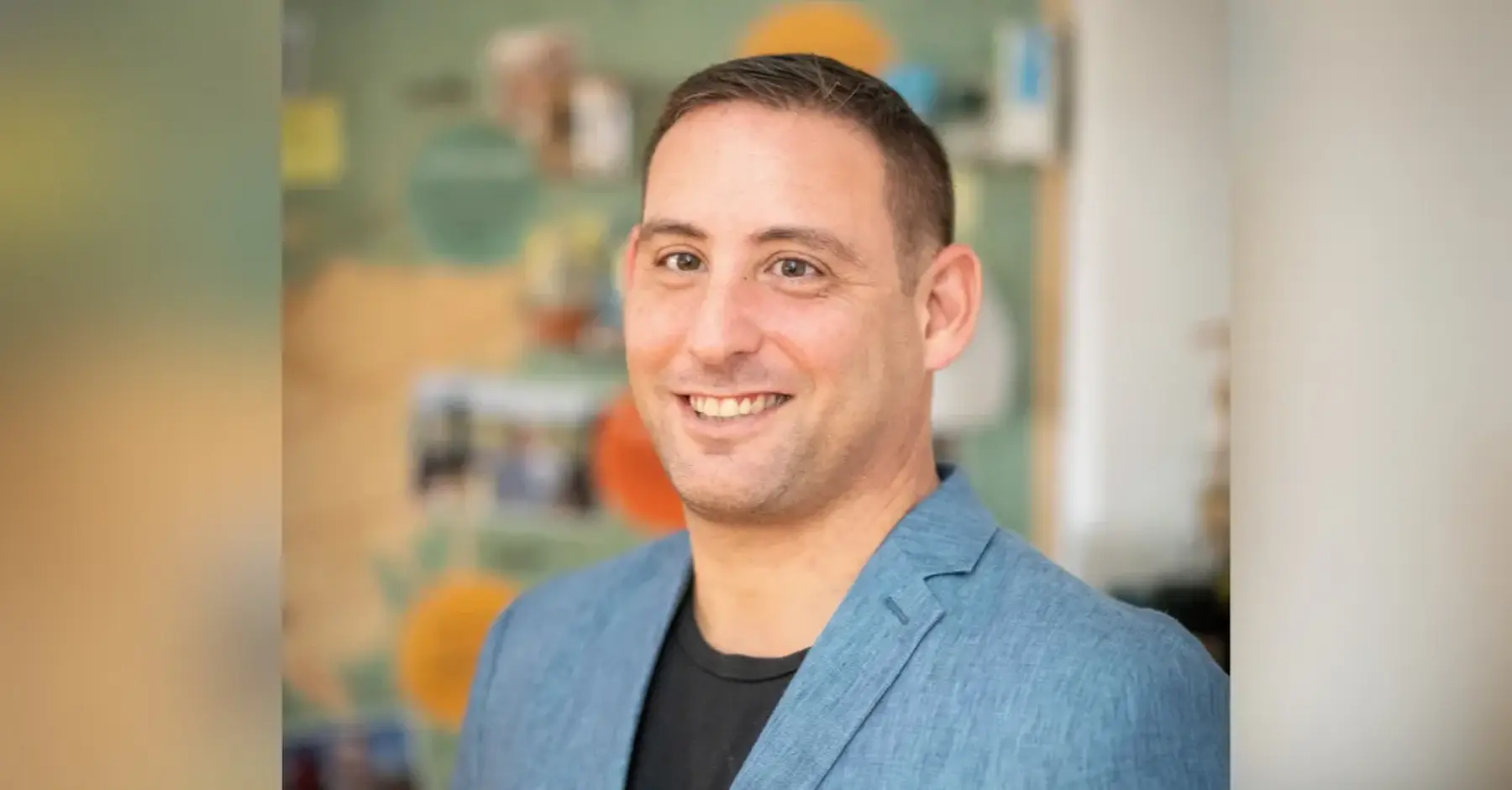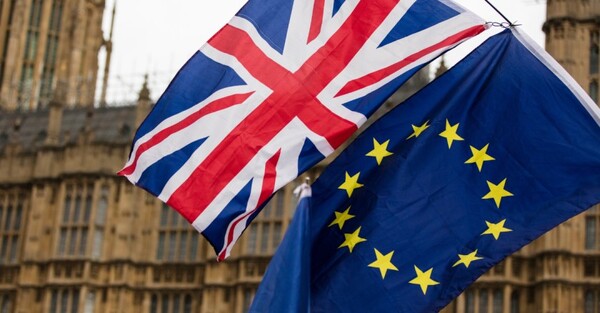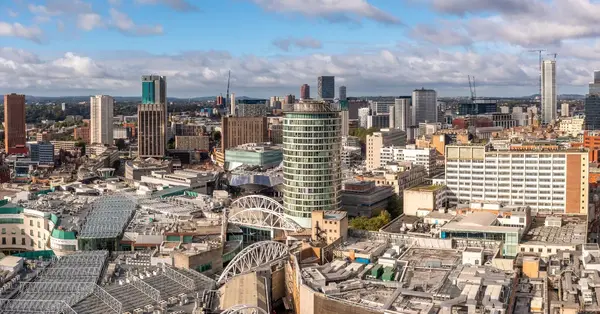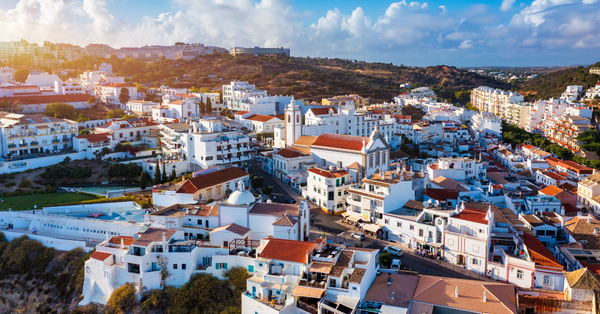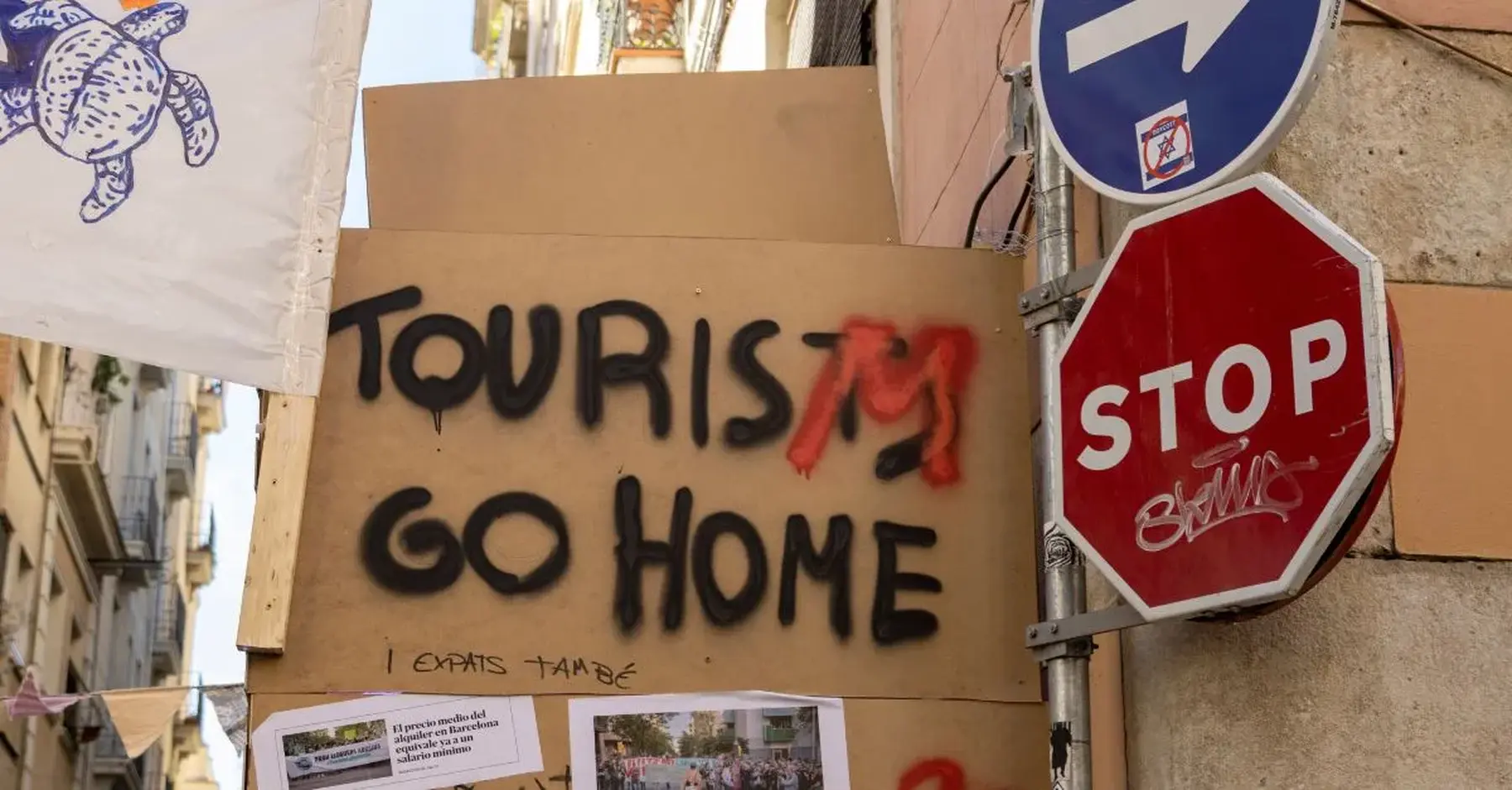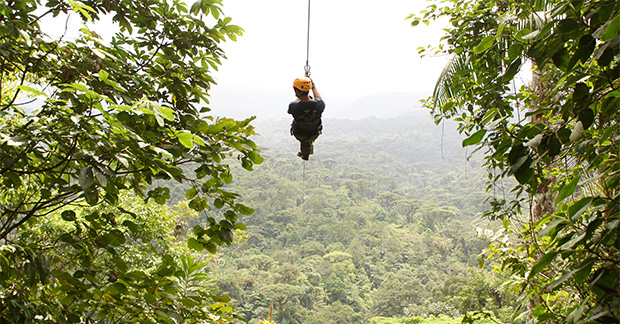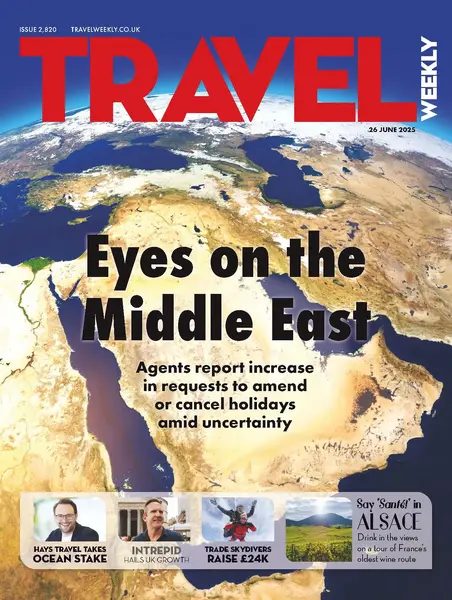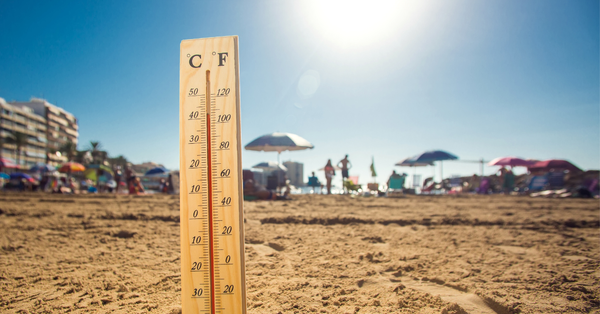The Travel Foundation calls for end of ‘high-emission short breaks’
The Travel Foundation has cited “high-emission short breaks” as an example of “harmful tourism models” that should be phased out.
The proposal is one of four drawn up by the body in advance of preparations for the COP30 climate summit in Brazil.
The non-governmental organisation and charity has called for a “global initiative to phase out harmful tourism models – such as high-emission short breaks or over-touristed hotspots – while supporting a just transition”.
The transition would include reskilling workers, building “regenerative alternatives” and redirecting investment towards low-carbon, community-owned enterprises.
The other proposals are the creation of a global climate risk register for destinations, the setting up of a climate justice fund for tourism destinations and making community-led planning and destination equity-linked KPIs a requirement in tourism development.
The Travel Foundation chief executive Jeremy Sampson said: “We’ll be working closely with destinations, partners and global stakeholders to turn this agenda into tangible action – through pilots, partnerships, policy shifts and collaborative initiatives.
“So today isn’t just a launch – it’s an invitation: to contribute to the consultation and to help shape the agenda we’ll take to Brazil and beyond. Because transformation isn’t someone else’s job, it’s everyone’s. And it starts here.”
The Travel Foundation, which co-authored the Glasgow Declaration on Climate Action in Tourism, will embark on the engagement and consultation process over the coming months, culminating in the ‘Where Next?: Action Agenda’ to be launched at COP30.
The four proposals were introduced as “big ideas” at London Climate Action Week.

